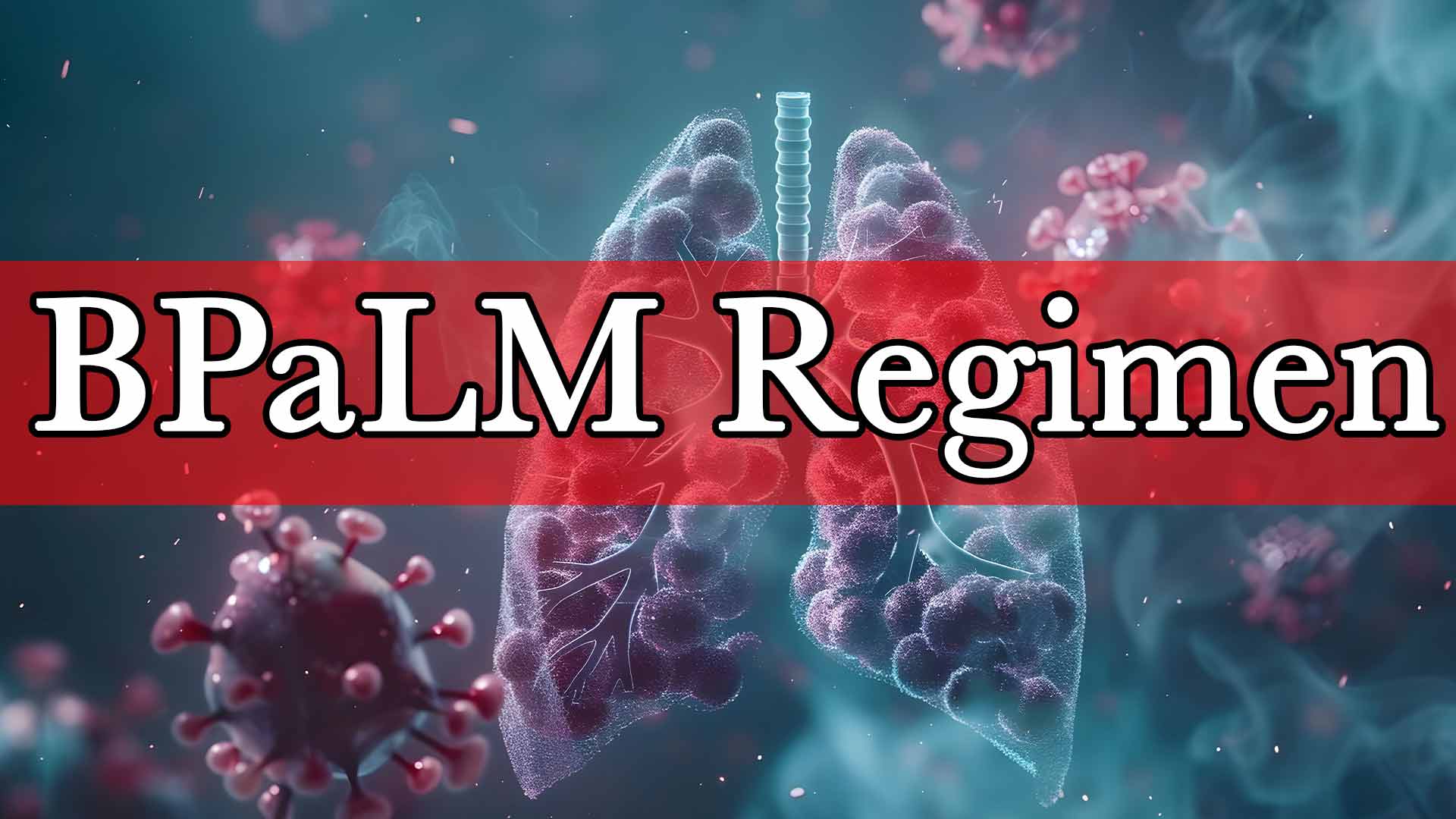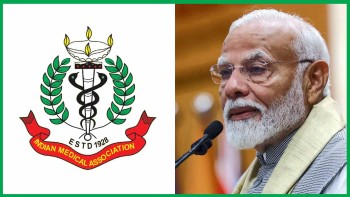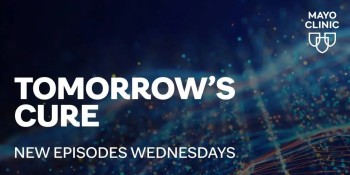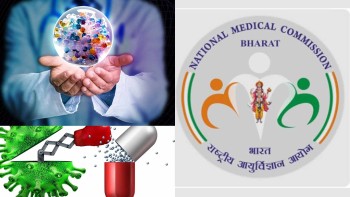In a significant move towards achieving its ambitious goal of eliminating tuberculosis (TB) by 2025, the Union Ministry of Health and Family Welfare has introduced the BPaLM regimen, a groundbreaking treatment for Multi-Drug-Resistant Tuberculosis (MDR-TB). This novel treatment is a major step in the country’s National TB Elimination Program (NTEP), which aims to eradicate the disease five years ahead of the global target set by the Sustainable Development Goals (SDGs).
The BPaLM Regimen: A Game-Changer in TB Treatment
The newly approved BPaLM regimen consists of a four-drug combination—Bedaquiline, Pretomanid, Linezolid, and Moxifloxacin. This regimen has been proven to be significantly more effective, faster, and safer than previous MDR-TB treatments. Traditional MDR-TB treatments could last as long as 20 months, with severe side effects that made them difficult for patients to complete. In contrast, the BPaLM regimen has been shown to cure drug-resistant TB in just six months, with a much higher success rate.
One of the major breakthroughs in this treatment is the inclusion of the newly licensed drug Pretomanid, which has been approved for use in India by the Central Drugs Standard Control Organization (CDSCO). Combined with the other three drugs, the BPaLM regimen promises to bring relief to India’s 75,000 drug-resistant TB patients by offering a faster and more effective treatment plan, which will also result in overall cost savings.
A Strategic Vision to End TB by 2025
The introduction of this shorter regimen is part of a larger national strategy to end TB in India by 2025, a goal first articulated by Prime Minister Narendra Modi at the Delhi End TB Summit in 2018. Under the National Strategic Plan for TB Elimination, the country aims to detect all TB patients, with a special focus on high-risk populations and those seeking care from private healthcare providers. The program emphasizes the importance of Universal Drug Susceptibility Testing (UDST) to ensure that every TB patient is tested for drug resistance before or during treatment initiation.
Rigorous Validation and Nationwide Rollout
The BPaLM regimen underwent a thorough review by subject experts within the country, ensuring its safety and efficacy. The Department of Health and Family Welfare, in collaboration with the Department of Health Research, conducted a Health Technology Assessment to ensure that this new treatment is not only effective but also cost-efficient.
A nationwide rollout of the BPaLM regimen is currently being planned by the Central TB Division of the Health Ministry. This plan will include capacity-building initiatives to train healthcare professionals on how to safely administer the new treatment. Additionally, the rollout will focus on strengthening India’s already expansive TB laboratory network, which consists of over 7,700 rapid molecular testing facilities and 87 culture and drug susceptibility testing labs.
A Multi-Pronged Approach to Eliminate TB
India’s National TB Elimination Program (NTEP), previously known as the Revised National Tuberculosis Control Program (RNTCP), has a multi-faceted approach to combat TB. This includes the Pradhan Mantri TB Mukt Bharat Abhiyaan (PMTBMBA), launched in 2022 by President Droupadi Murmu, which calls for collective action against TB through the spirit of Jan Bhagidari (people's participation).
As part of the initiative, the Ni-kshay Mitra program was introduced to ensure additional diagnostic, nutritional, and vocational support for TB patients. The Ni-kshay 2.0 portal, which facilitates community involvement and corporate social responsibility opportunities, has been instrumental in helping patients through their recovery journey.
A Promising Path Forward
The introduction of the BPaLM regimen marks a critical milestone in India’s fight against TB. With its shorter treatment time, higher success rates, and improved safety profile, this new regimen offers much-needed hope for the thousands of drug-resistant TB patients across the country.
As India continues to lead the global effort in TB elimination, this innovative approach will not only save lives but also significantly reduce the burden of this debilitating disease. With a clear vision and robust infrastructure in place, India is on the path to achieving its goal of being TB-free by 2025.
Conclusion
The Union Ministry of Health's approval of the BPaLM regimen marks a transformative step in India's mission to eradicate TB. This shorter and more effective treatment is poised to benefit tens of thousands of patients, significantly advancing the nation's progress in the global fight against tuberculosis. By bolstering healthcare infrastructure and focusing on community support, India is setting a precedent for the world in tackling one of the most persistent public health challenges of our time.
As the nation rallies around the goal of eliminating TB by 2025, the introduction of this treatment is a testament to India's commitment to ensuring the health and well-being of its citizens, leaving no one behind in the fight against this curable yet deadly disease.






Recent comments
Latest Comments section by users